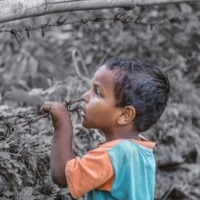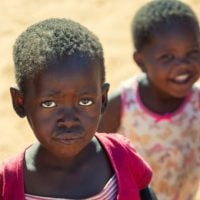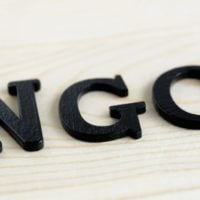Deadline: 09-Nov-2025
The KinderNotHilfe (KNH), a leading child rights organization, has announced an opportunity for partnership with local organizations in Kenya to implement a multi-annual Early Childhood Care and Education (ECCE) project.
KNH believes that early intervention in a child’s life is crucial for cognitive, emotional, social, and physical development. Through this initiative, the organization aims to nurture, protect, and stimulate children to help them realize their full potential and achieve long-term success in life.
The proposed partnership seeks to promote ECCE in Kenya by improving children’s access to quality early childhood services and strengthening advocacy efforts with county governments for greater investment and policy support. The project also focuses on building sustainable community structures and networks that ensure the continuity of ECCE programs beyond the project duration. The initiative may function as a stand-alone project or as part of broader community development efforts, as long as it maintains clear, measurable results and long-term impact.
The selected partner organization will be responsible for leading direct implementation in one of the identified regions of Kenya, excluding Western and Nyanza. Its main objectives will include improving the holistic development of children aged 0–8 years, empowering parents and caregivers to provide better support at home and in school, and strengthening local networks that promote early learning, health, nutrition, and psychosocial wellbeing.
KNH is looking for a partner organization with demonstrated capacity to deliver inclusive, rights-based, and child-centered ECCE programming. The ideal partner should have strong connections with local communities, government authorities, and relevant stakeholders. The organization must also be able to deliver accessible services to hard-to-reach communities while advocating for structural change at the county and national levels. Active involvement in civil society networks related to education or children’s rights will be considered an added advantage.
Additionally, the partner organization should have proven experience in providing quality ECCE services that integrate education, nutrition, health, and psychosocial development. It should be capable of lobbying for increased investment in ECCE infrastructure and staffing, strengthening families and caregivers through positive parenting initiatives, and supporting smooth transitions from early childhood programs to primary education. The organization should also demonstrate the ability to promote innovative teaching methods, enhance the skills of ECCE practitioners, and engage effectively in advocacy for sustained public investment in early childhood development.
Eligible organizations must be legally registered in Kenya and have a solid track record in education, child protection, and child development. They should also possess strong systems for financial accountability and impact monitoring, experience in multi-stakeholder engagement, and operational presence in the proposed implementation area outside Western and Nyanza. KNH’s in-country representatives will assess expressions of interest from organizations that meet these criteria and have the potential to drive meaningful, long-term change in the lives of young children across Kenya.
For more information, visit KinderNotHilfe.









































